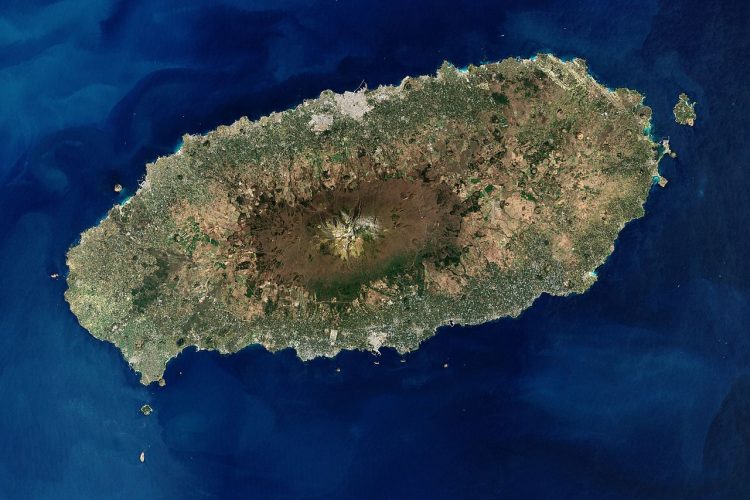Jejudo Island is also known as Jeju Island on the Korean Peninsula. Jejudo (also known as Jeju Island) is a volcanic island. Jeju Island has a surface area of 1,846 sq km. It is the largest island, 130 km off the coast, and the main island of Jeju Province, South Korea. The island was formed entirely from volcanic eruptions approximately 2 million years ago.
The area mainly consists of basalt and lava. The island contains the natural World Heritage Site Jeju Volcanic Island and Lava Tubes. Jejudo has a moderate subtropical climate; even in winter, the temperature rarely falls below 0 °C. It is warmer than the rest of Korea, with four distinct weather seasons. Winters are cool and dry, while summers are hot, humid, and sometimes rainy.
Moreover, 95% of all rocks and stones on land today are made from lava, as you can see from the dark color and natural holes or erosion on the surface of the rocks. Jeju’s natural landscape, from its volcanoes to mountains and valleys, makes it a hiking paradise.
It is a popular holiday destination, and a sizable portion of the economy relies on tourism and economic activity from its civil and naval base. A central feature of Jeju is Hallasan, the tallest mountain in South Korea and a dormant volcano which rises 1,950 m above sea level. 360 satellite volcanoes are around the main volcano.
Historically, the island has had many different names. Jeju Island’s mind-blowing nature and surreal landscapes have given it the prize of 3 UNESCO sites and, most notably, listed as one of the 7 new wonders of nature! Jeju island has only 600,000 residents, which is roughly 3% of Seoul’s population on land That’s three times the size of Seoul’s metropolitan area. There is no hustle and bustle.
There are no tall skyscrapers. There are no honking horns or even traffic for that matter. Nobody was in a hurry in Jeju, which is a really nice change of pace from bustling Seoul. Despite attempts to market the island as “the Hawaii of Korea,” climatologically and geographically, it bears little in common to the Hawaiian Islands in the U.S.
It’s no surprise that Jeju is a popular honeymoon destination for both Koreans and foreigners. The island is built for romance. Cute coffee shops, restaurants, stores, and even a theme park called Love Land! Jeju island is in such high demand that there are more daily flights from Seoul to Jeju than any 2 destinations in the world. Can you imagine that?
The island offers visitors a wide range of activities: hiking on Halla-san (South Korea’s highest peak) or Olle-gil (routes), catching sunrises and sunsets over the ocean, riding horses, touring all the locales from a favorite television K-drama, or just lying around on the sandy beaches. Moreover, Manjanggul cave is on the UNESCO World Heritage Site list under Jeju Volcanic Island and Lava Tubes. Manjanggul, with its well-preserved formations, has significant scientific and conservation value.
Also Read: The Striking Frozen Bubbles of Abraham Lake
Source: Wikipedia ! Huffington Post

